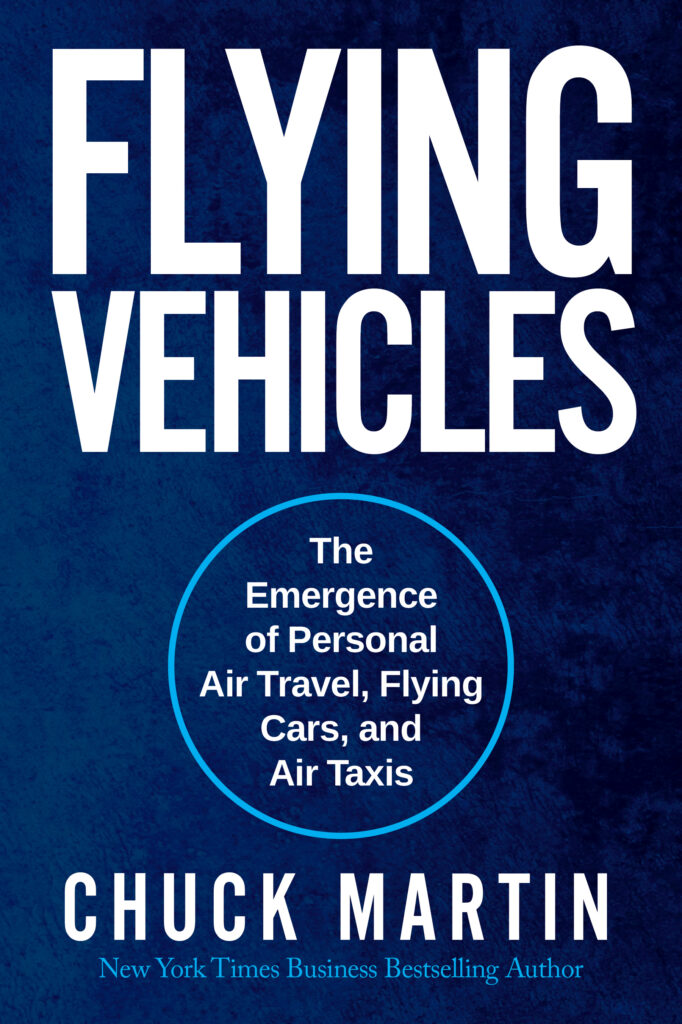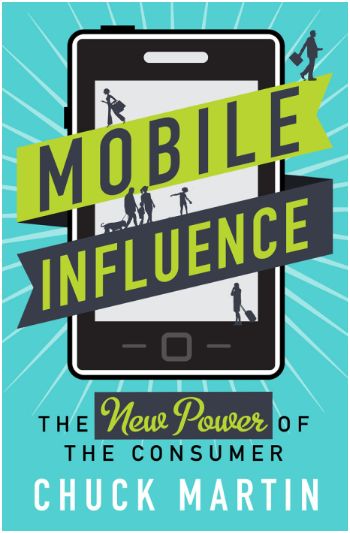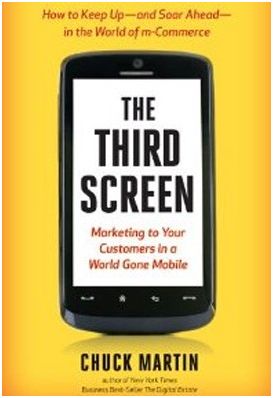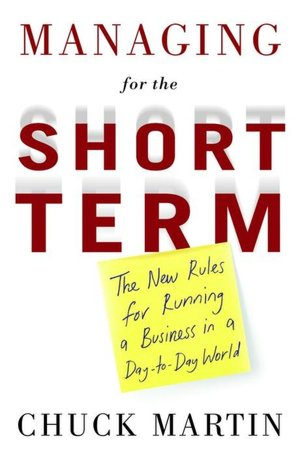By Chuck Martin
The road to autonomous vehicles is heating up, but the action — smartly — is starting to focus on moving things rather than people.
Companies like Kroger, 1-800-Flowers, Softbank and Amazon get this, since they all are involved in exploring autonomous technology for deliveries.
Serious money is heading that way as well:
- $95 million – Raised by self-driving truck startup TuSimple. The trucking company already makes daily fully autonomous deliveries in Arizona with plans to expand into Texas.
- $52 million – Autonomous truck company Ike raised the funds to further its development of self-driving trucks on highways. Ike last year partnered with Nuro, another maker of self-driving vehicles.
- $530 million – Raised by autonomous technology developer Aurora from investors including Amazon, which just last week led an investment round of $700 million for Rivian, a Michigan startup working on electric pickup trucks.
- $940 million – The amount Softbank is investing in Nuro, the robotics company that makes self-driving vehicles for deliveries.
There are other deals in addition to the funding of autonomous startups.
For example, Volvo Trucks has a deal to provide self-driving trucks for the automatic transportation of limestone for Bronnoy Kalk AS in Norway. Last year, Waymo and its parent Google took their self-driving trucks to Georgia for a pilot carrying cargo bound for Google’s data centers.
Various companies are also experimenting with autonomous delivery of things they sell. For example, 1-800-Flowers tested robots from Starship Technologies to deliver flowers with the small self-driving vehicles and Kroger has started the unmanned delivery of groceries to the general public with the R1, Nuro’s unmanned vehicle.
Getting people into self-driving cars is problematic, even if there were fully autonomous vehicles they could use.
Things are much easier.











